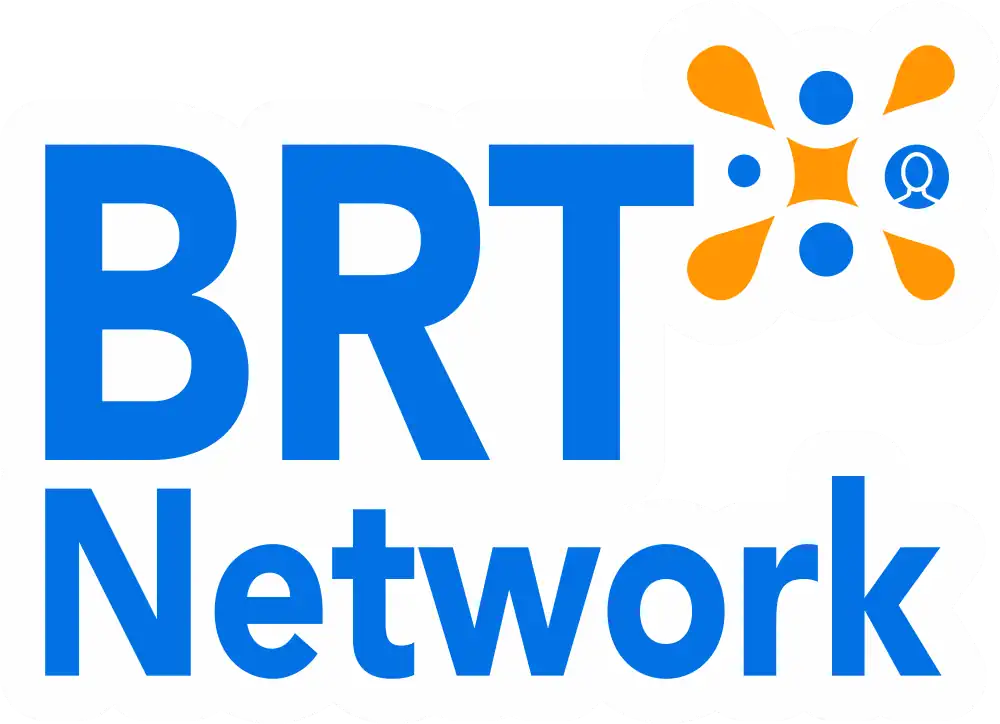In the vibrant and competitive business environment of Indonesia, protecting intellectual property, particularly trademarks, is of utmost importance. Trademarks serve as the visual representation of a business, encompassing its brand identity and distinguishing it from competitors. Here’s a comprehensive exploration of trademarks in Indonesia source including the registration process, benefits, and the broader landscape of intellectual property protection.
1. Understanding Trademarks in Indonesia:
– Definition: Trademarks in Indonesia cover a broad spectrum, including names, logos, symbols, and slogans, serving as unique identifiers for goods and services.
– Legal Framework: The Directorate General of Intellectual Property (DGIP), operating under the Ministry of Law and Human Rights, is the governing body overseeing trademark matters.
2. Importance of Trademark Registration:
– Exclusive Rights: Registering a trademark grants exclusive rights to the owner, preventing others from using similar marks in connection with similar goods or services.
– Consumer Trust: A registered trademark instills confidence in consumers, signaling the authenticity and quality of products or services.
3. Trademark Registration Process:
– Eligibility: To be eligible for registration, a trademark must be distinctive, non-generic, and devoid of conflicting similarities with existing marks.
– Application Submission: The process begins with the submission of a trademark application to the DGIP.
– Examination: The DGIP conducts both formal and substantive examinations to assess compliance with legal requirements and the distinctiveness of the mark.
– Publication: If no objections arise during the examination, the trademark is published to allow third parties an opportunity to raise objections.
– Certificate Issuance: Upon successful completion, the DGIP issues a trademark registration certificate.
4. Duration and Renewal:
– Initial Protection: Trademarks are initially protected for ten years, starting from the filing date.
– Renewal: Owners must actively monitor the expiration date and renew the registration every ten years to maintain protection.
5. Benefits of Trademark Registration:
– Legal Recourse: A registered trademark provides a legal basis for taking legal action against infringement.
– Market Differentiation: It helps in distinguishing a brand in a crowded marketplace, fostering customer loyalty.
– Asset Value: A registered trademark becomes an appreciable asset, contributing to the overall value of the business.
6. Enforcing Trademark Rights:
– Legal Action: In case of infringement, trademark owners can pursue legal action, including filing lawsuits in the Commercial Court.
– Cease and Desist Letters: Prior to legal action, sending cease and desist letters can sometimes resolve disputes amicably.
7. Challenges in Trademark Protection:
– Counterfeiting: Indonesia faces challenges related to counterfeit products, making effective trademark enforcement crucial.
– Online Infringement: The rise of e-commerce has introduced new challenges, requiring vigilant protection strategies.
8. Importance of Legal Counsel:
– Expert Guidance: Engaging legal consultants specializing in intellectual property law is highly recommended to navigate the complexities of trademark registration and enforcement.
9. Conclusion
Navigating the landscape of trademarks in Indonesia involves strategic planning, legal compliance, and proactive enforcement. By understanding the nuances of the registration process and the broader challenges in trademark protection, businesses can fortify their brand identities, ensuring sustained success in the dynamic Indonesian market. Trademarks, when effectively managed and protected, become powerful tools for business growth and market recognition.


